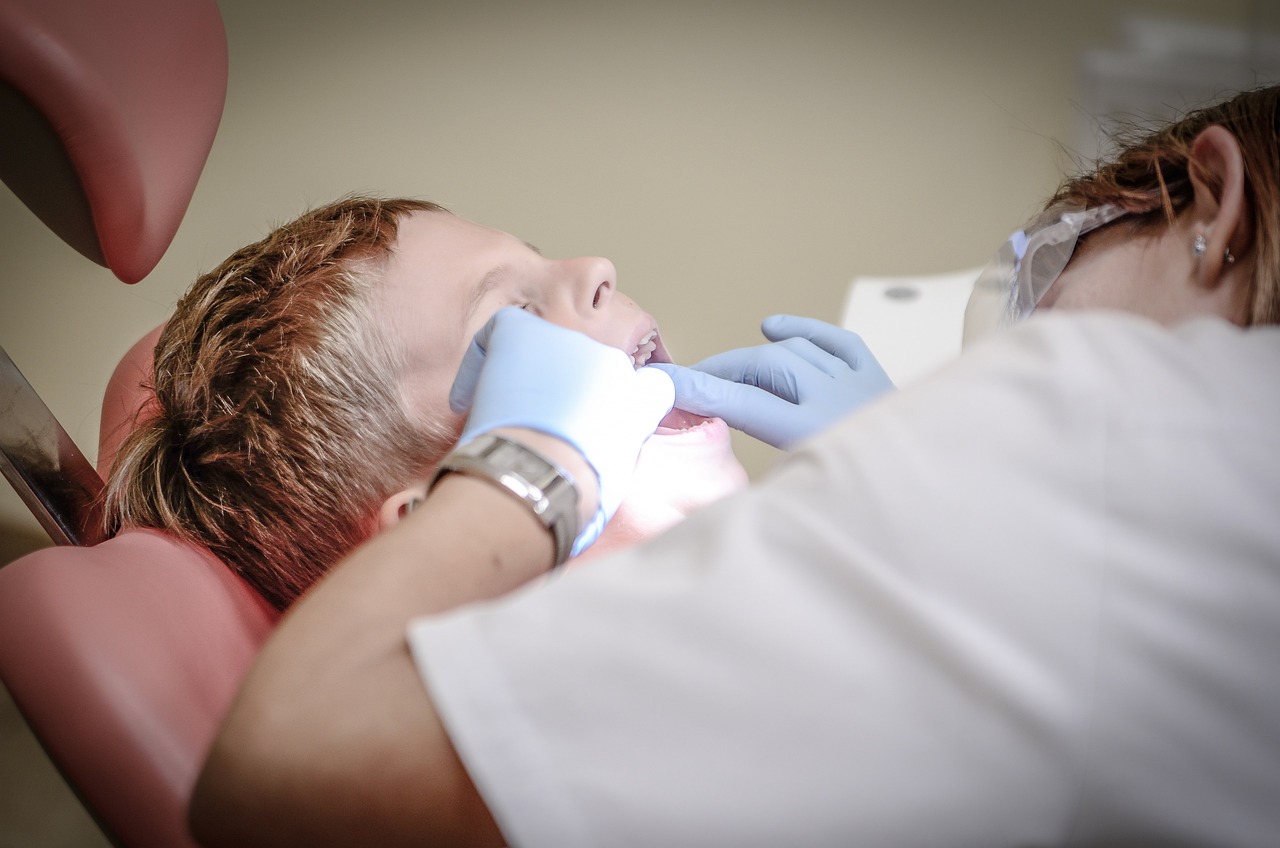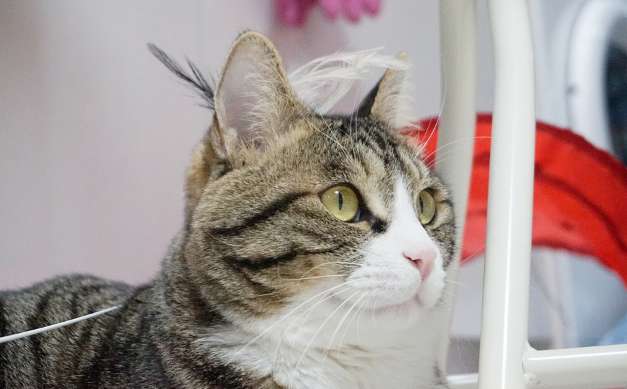As parents, we always want what’s best for our children, and that includes their oral health. Dental care for kids isn’t just a smaller version of adult dentistry; it’s a specialized field known as pediatric dentistry. Riverbend Calgary Dentist is dedicated to providing high-quality dental care to children, ensuring their teeth and gums stay healthy and strong as they grow. In this article, we’ll explore what pediatric dentistry is all about, why it’s essential, and how it helps ensure the bright smiles and healthy teeth of our little ones.
What Is Pediatric Dentistry?
 Pediatric dentistry is a specialized branch of dentistry focused on providing dental care to infants, children, adolescents, and individuals with special needs. Pediatric dentists, often called pedodontists, undergo additional training beyond dental school to meet the unique needs of young patients. This extra training includes understanding child psychology, behavior management, and techniques for handling children with special needs.
Pediatric dentistry is a specialized branch of dentistry focused on providing dental care to infants, children, adolescents, and individuals with special needs. Pediatric dentists, often called pedodontists, undergo additional training beyond dental school to meet the unique needs of young patients. This extra training includes understanding child psychology, behavior management, and techniques for handling children with special needs.
Why Is Pediatric Dentistry Important?
Children’s dental care is essential because it sets the foundation for their future oral health. By introducing them to proper oral hygiene practices at a young age, we can prevent tooth decay, cavities, and other dental issues down the road. Regular visits to a pediatric dentist can also help detect and address any potential problems early on, leading to better long-term outcomes. Pediatric dentistry is especially crucial because children’s dental needs differ from adults. Children have smaller mouths, more fragile teeth, and unique dental concerns such as teething and thumb sucking. A pediatric dentist has the specialized knowledge to identify these issues and provide appropriate treatment and guidance for parents.
What Services Does Pediatric Dentistry Offer?
Pediatric dentists offer a wide range of services, including:
- Dental check-ups and cleanings
- Fluoride treatments to strengthen teeth
- Dental sealants to protect against cavities
- Restorative procedures such as fillings and crowns
- Orthodontic evaluations and early intervention for misaligned teeth
- Emergency dental care for accidents or injuries involving the mouth.
Pediatric dentists also take a preventive approach to children’s oral health by educating parents and caregivers on proper nutrition, brushing and flossing techniques, and other ways to maintain healthy teeth. They may also provide specialized services such as sedation dentistry for anxious patients or those with special needs.

Tips for Promoting Children’s Dental Health at Home
While regular visits to a pediatric dentist are crucial, parents play a significant role in maintaining their children’s oral health at home. Here are some tips to promote good dental habits and keep your child’s teeth healthy:
- Start dental care early: Begin cleaning your baby’s gums with a damp cloth before teeth appear, and continue with gentle brushing once they do.
- Use fluoride toothpaste: Once your child is old enough to spit, use a pea-sized amount of fluoride toothpaste when brushing.
- Limit sugary snacks and drinks: Too much sugar can lead to cavities, so try to limit the number of sweets and sugary drinks your child consumes.
- Encourage healthy eating habits: Include plenty of fruits, vegetables, and calcium-rich foods in your child’s diet to promote healthy teeth and gums.
- Set a good example: Children learn by watching their parents, so make sure you follow good dental habits yourself.
In Conclusion
Pediatric dentistry is all about setting the stage for a lifetime of healthy smiles. By providing specialized care, preventive education, and a positive dental experience, pediatric dentists play a vital role in ensuring that children grow up with strong, healthy teeth. So, the next time you schedule a dental appointment for your child, know that you’re taking an important step toward their oral health and overall well-being.…
is all about setting the stage for a lifetime of healthy smiles. By providing specialized care, preventive education, and a positive dental experience, pediatric dentists play a vital role in ensuring that children grow up with strong, healthy teeth. So, the next time you schedule a dental appointment for your child, know that you’re taking an important step toward their oral health and overall well-being.…




 Most nutritionists recommend focusing on fresh smoothies and salad to infuse your food with exciting choices. Vegetables and fruits are low in carbohydrates and high in water and fiber. A fruit diet is also a fantastic way to detoxify your entire body. Take inspiration from these few fruity ones. It won’t be that hard.
Most nutritionists recommend focusing on fresh smoothies and salad to infuse your food with exciting choices. Vegetables and fruits are low in carbohydrates and high in water and fiber. A fruit diet is also a fantastic way to detoxify your entire body. Take inspiration from these few fruity ones. It won’t be that hard.

 As for food: do you eat your meals from the same plate before washing it for several days in a row? Your cat should not do that. Keep the water and dishes clean. Replace the water in the aquarium at least once a day. Remove stains from your cat cleanly and gently.
As for food: do you eat your meals from the same plate before washing it for several days in a row? Your cat should not do that. Keep the water and dishes clean. Replace the water in the aquarium at least once a day. Remove stains from your cat cleanly and gently. Cats, for example, many pets, dogs are subject to oral health problems. Whether your kitten is prone to develop such diseases depends on several factors, the most important of which is the rate at which calcium accumulates in the cat’s teeth. Most vets recommend starting preventive
Cats, for example, many pets, dogs are subject to oral health problems. Whether your kitten is prone to develop such diseases depends on several factors, the most important of which is the rate at which calcium accumulates in the cat’s teeth. Most vets recommend starting preventive